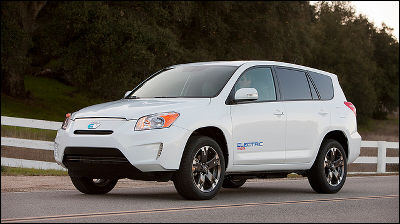Does 'fast charging' supported by Prius PHV and Leaf shorten battery life? Results of investigation of more than 12,500 Tesla cars are reported

One concern with fast charging is that it can damage the battery by delivering too much energy too quickly. Recurrent, a private company investigating electric vehicle batteries, reported findings on these issues.
EV Study Reveals Impacts of Fast Charging
Some electric vehicles such as Tesla Model 3 can be charged by selecting fast charging or normal charging , and although fast charging is basically more expensive than normal charging, it literally means that it can be charged more quickly. It has the features of

This time, Recurrent surveyed 12,500 Tesla cars used in the United States, and found that ``more than 90% of them chose fast charging'' and ``fast charging was selected for less than 10% of the cars.'' The two species were grouped and compared. In other words, the study was divided into ``vehicles that are frequently rapidly charged'' and ``vehicles that are rarely rapidly charged'', and no statistically significant difference was found in the deterioration of cruising range between the two.
Below is a comparison graph using Model 3, where the blue line shows cars that are frequently charged quickly, and the green line shows cars that are rarely fast charged. The Y-axis is the percentage of

Below is a comparison with Model Y. There is almost no difference due to different charging speeds.

Previous analysis by Recurrent suggests that the findings are applicable not only to Tesla models but also to other EV manufacturers. For this reason, Recurrent says, ``While it is still difficult to quantify exactly how much impact everyday fast charging will have in the long term (5, 10, 20 years), EV manufacturers are 'The robust temperature, voltage, and battery management systems we have developed protect the battery from damage, at least from everyday fast charger use.'

Related Posts:
in Vehicle, Posted by log1p_kr







